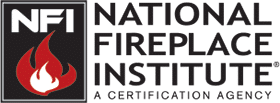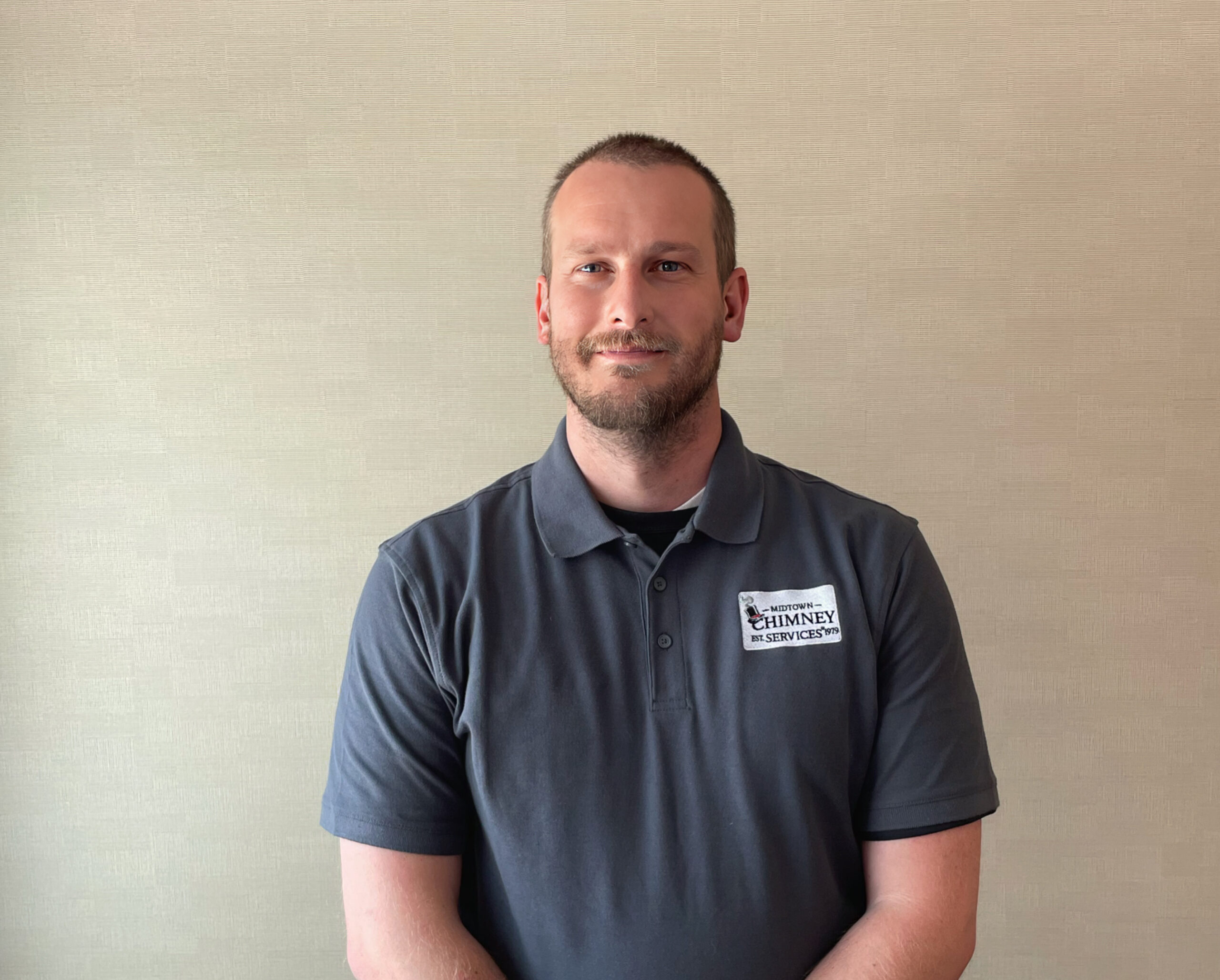Littleton, Colorado is the home of attractions such as the Hudson Gardens, the Town Hall Arts Center, and the Littleton Symphony Orchestra. We at Midtown Chimney Sweeps feel glad to not only assist the residents of this community, but also to have our home office here.
Winters in Littleton can be downright cold, and let’s not even talk about the snow! One of the best ways to keep warm on the Southside of Denver is by staying home to enjoy your fireplace or heating stove. But you must keep in mind that such items require occasional cleaning and maintenance. Fortunately, you have the chimney sweeping experts at Midtown Chimney Sweeps of Littleton to make sure your home will be safe and cozy as you use your fireplace or stove.
Cleaning Up the Fireplaces and Chimneys of Littleton, Colorado
Why Is Chimney Cleaning Important for Homeowners?
When you burn wood in a fireplace or stove, a flammable substance known as creosote (or soot) slowly build ups in your chimney. If the creosote isn’t swept away regularly, it can fuel a chimney fire. Thousands of chimney fires happen each year in America and around the world. Nearly always, those disasters could have been prevented.
What Are the Chimney Inspection Regulations in Littleton, Colorado?
Fireplace manufacturers and the National Fire Protection Association (NFPA) set forth regulations about which Midtown Chimney Sweeps is glad to inform homeowners. The regulations indicate that, no matter if you own a masonry fireplace, a factory-built fireplace, a wood stove, a bio-fuel pellet stove, or a gas fireplace, you should have your heating unit inspected annually by a qualified person. An annual appointment that includes both an inspection and a cleaning is recommended for stoves that are fueled by wood or bio-fuel pellets. Factory-built and masonry fireplaces should be swept when the soot within them accumulates to 1/8 of an inch. Disregarding these regulations can render manufacturer warranties void.
How Often Does a Fireplace Need to Be Cleaned in Colorado?
The answer is simple: yearly. Even if you use your fireplace infrequently and therefore don’t need a cleaning, your fireplace should at least be inspected every year. According to the NFPA’s Document 211,
Chimneys, fireplaces, and vents shall be inspected at least once a year for soundness, freedom from deposits, and correct clearances. Cleaning, maintenance, and repairs shall be done if necessary.
How Midtown Chimney Sweeps of Littleton Cleans Chimneys
Our Equipment Ranks Among the Best in the Trade
Our HEPA centrifugal-gravity, dust-extractor vacuum does wonders for cleaning soot and ash, while leaving the air particulate-free. It’s safe to use on hard surfaces as well as carpet and operates quietly as not to disturb homes. The system is made in Germany and features a triple-filtration system that is unmatched in the industry.
Types of Chimney and Fireplace Inspections
We offer two levels of inspections. The first, Level I, is most often adequate for an annual inspection and entails visually scanning the fireplace and adjoining connector pipe. Level II, which is required for NFPA 211 for realtors and property managers (when the property ownership changes) as well as new homeowners. This combines the visual scan with a live video inspection of the internal parts of the chimney to look for damage and debris.
Maintenance for Dryer Vents in Littleton, Colorado
Why Is Dryer Vent Cleaning Important?
Your clothes dryer vent duct builds up with lint and pet hair when you use your dryer. When this debris is heated up too much by virtue of a clogged system, you will have a fire hazard on your hands. High heat electrical components combine with a slow drying vent system due to lint buildup, and it could cause a fire. Some times long drying times can result.
How Often Should Dryer Vents Be Cleaned in Colorado?
All the hook ups and surrounding area of your dryer vent should be inspected every 6 months for damage. Once a year, the vent should be cleaned out. Tiny holes may develop in the flexible connector behind the dryer causing dust or monoxide to enter the residence. Plastic flexible connectors are not code and must be replaced with semi-rigid aluminum or similar type of UL Listed product.
Proudly Serving These Colorado Cities
We’re eager and delighted to serve the homeowners of Littleton, Englewood, Greenwood Village, Centennial, Highlands Ranch, Lone Tree, Dove Valley, Southglenn, Denver Tech Center, Columbine Valley, Bow Mar, Roxborough Park, Louviers, and Heritage Hills!




